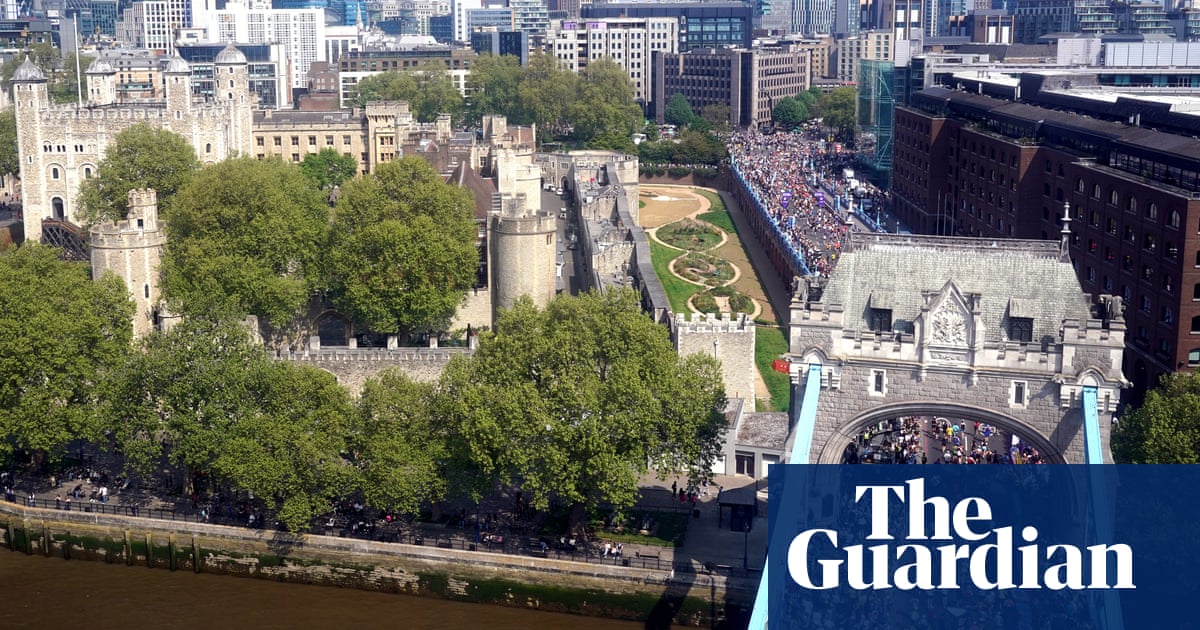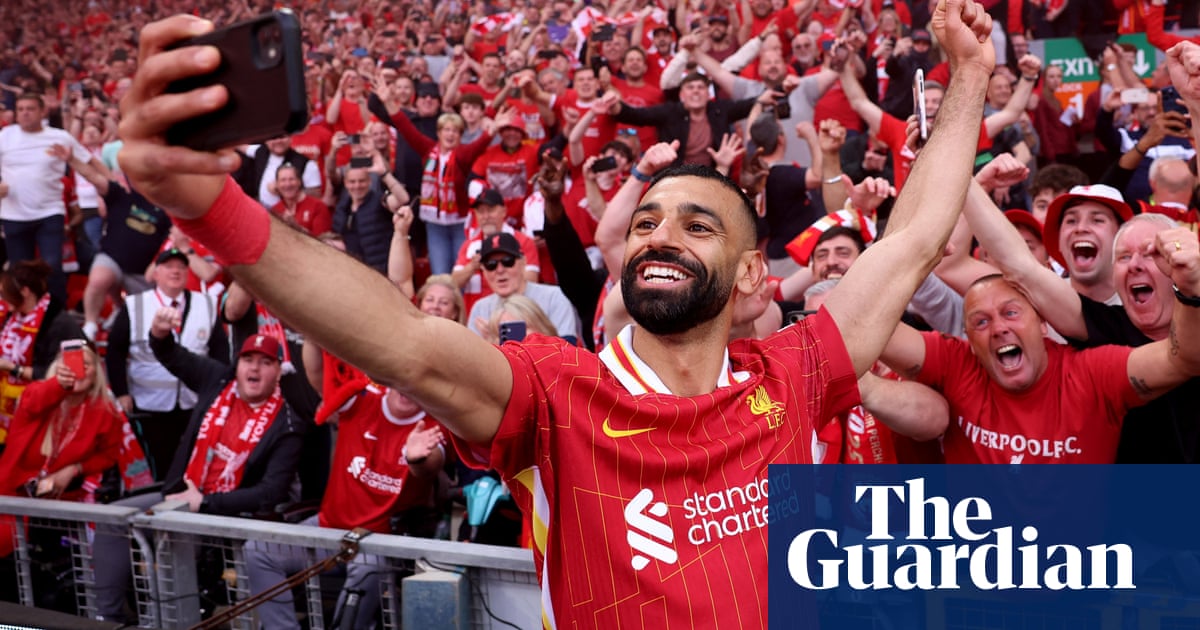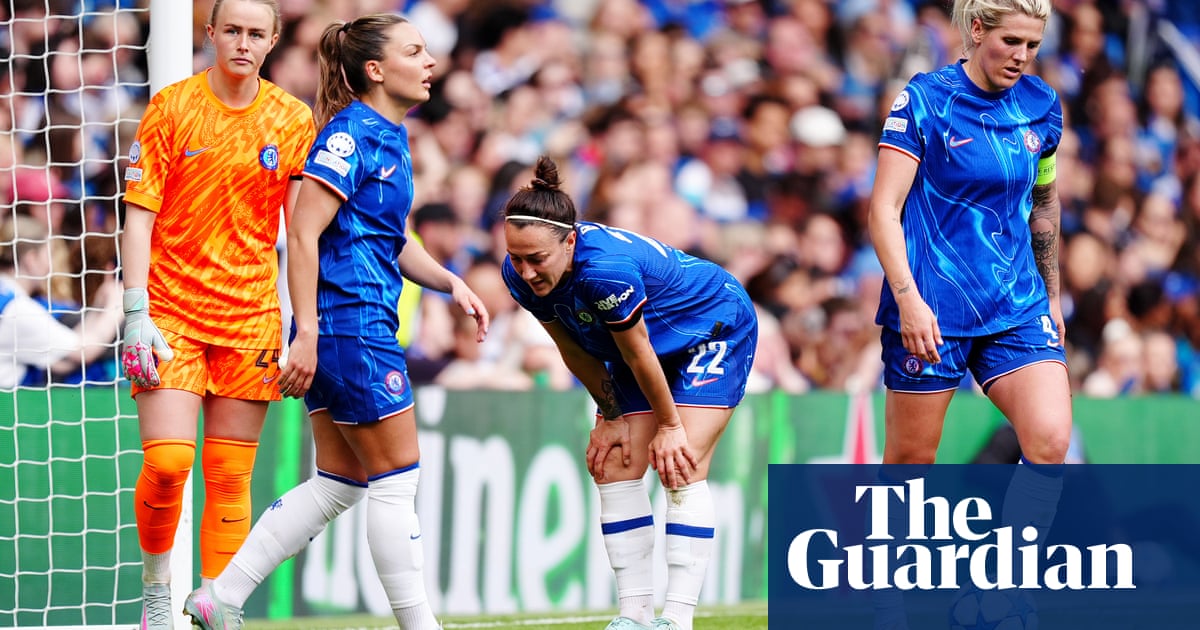A couple of years ago, I became obsessed with changing my body. Inspired by “gymfluencers” and an Instagram feed filled with workouts and progress journeys, I dug into gym culture, often spending two hours weightlifting in one day, nauseous from chocolate-flavoured shakes and consuming more than 100g of protein daily to bulk my gluteal muscles and build a “revenge booty”.
Statistics suggest I am not alone. A recent industry report shows that gym memberships for gen Zers have risen quickly over the past few years, almost doubling since 2020. Moreover, 30% of this generation are regularly working out in fitness facilities, compared with 15-25% of the total adult population.
It’s been suggested that – since we’re also drinking less – my generation is replacing the pub with the gym. “With the right support, this could become the most health-aware generation ever,” says the chief executive of UKActive. Great news, you might think: finally, a generation so healthy it’s going to live – happily and mindfully – for ever. But, as a 26-year-old with a love of beer and bench presses, I’m not sure it’s that simple.
While exercise and alcohol abstinence do improve health and prevent disease, I worry that this new gym craze actually reflects an atomised society, not a health-aware one. As I became obsessed with the gym, I certainly noticed that the things pushing me away from the pub and towards exercise were not positive thoughts, but fears – self-esteem issues, financial worries and an anxious desire to be maximising my time.
I also suspect that the rush to the gym is partly driven by social media. It’s hard to tell the difference between an obsession with health and an obsession with physical appearance, and we know the latter particularly affects the children who grew up on a diet of online fitness influencers who prioritise their looks: 40% of gen Z report that social media makes them anxious about how they look. Fifteen years ago, only the celebrities on TV had unachievable bodies; now seemingly thousands of “normal” people do too. Given this environment, it is difficult for people not to compare and compete; a recent report shows that nearly half of gen Zers list “improving their appearance” as a key reason they work out. It certainly is one of mine.
This is sad, because the pub was a huge part of growing up for me – it’s where my friendships formed and solidified. This has changed; now we have full-time jobs, work on projects in our spare time, go to the gym as much as we can and go to the pub less. I thought this was because we’re getting older, but we’re still only 26. It’s not age, it’s a generational shift in how young people live, and it’s partly down to a lack of disposable income.
The price of a pint has risen from an average of £2.30 in 2008 to more than £5 nationally, and much more in London, where I live. When I can go to my budget gym every day for £28 a month, hanging out over drinks with mates just doesn’t add up. Hundreds of pubs a year are closing, maybe partly because they can’t grab the younger consumer base they used to rely on. What used to be a regular meeting spot for my friends and me has become more of a special occasion; we all decline invites more readily, chalking it up to a need to save money.
Unfortunately, I don’t think the gym will ever replace the pub as a new “third place” in which to make friends. The capacity for social engagement is undermined by most gym layouts – the heavy presence of mirrors, one machine per person. People mostly exercise with headphones on, eyes forward, staying in their lane. The gym seems more like a place to be productive, alone and silent as we endlessly pursue self-betterment.
In my case, I gradually realised that I could never build a revenge booty big enough to get my ex back, and that exercising in front of the mirror and daydreaming about having a different figure wasn’t empowering, but an obsession with self-improvement. I felt good because I was “working on myself”. Actually, it’s this phrase that is the problem – and the pressure put on people to supply value as we become increasingly competitive, commodified objects who feel we’re only valued because of the quality of our assets, or our asses. Becoming aware of this changed my priorities. I only go to gym classes now; instead of changing my body, I focus on cardio and core strength, and try not to look in the mirror. Thinking less about my body has made me much happier.
Yes, the physical benefits of exercise are undeniable. The physical toll of alcohol is undeniable too. But it doesn’t necessarily add up that younger people spending less time in the pub and more in the gym is a better thing overall. For most, it would be nice to save a space that isn’t reliant on this impulse to optimise. A space that exists for its own sake, which combines the benefits of the gym with the social benefits of the pub. Lately I’ve been enjoying playing Frisbee in the park with my friends. Maybe next time we’ll take some cans.
-
Isabel Brooks is a freelance writer

.png) 12 hours ago
10
12 hours ago
10













































